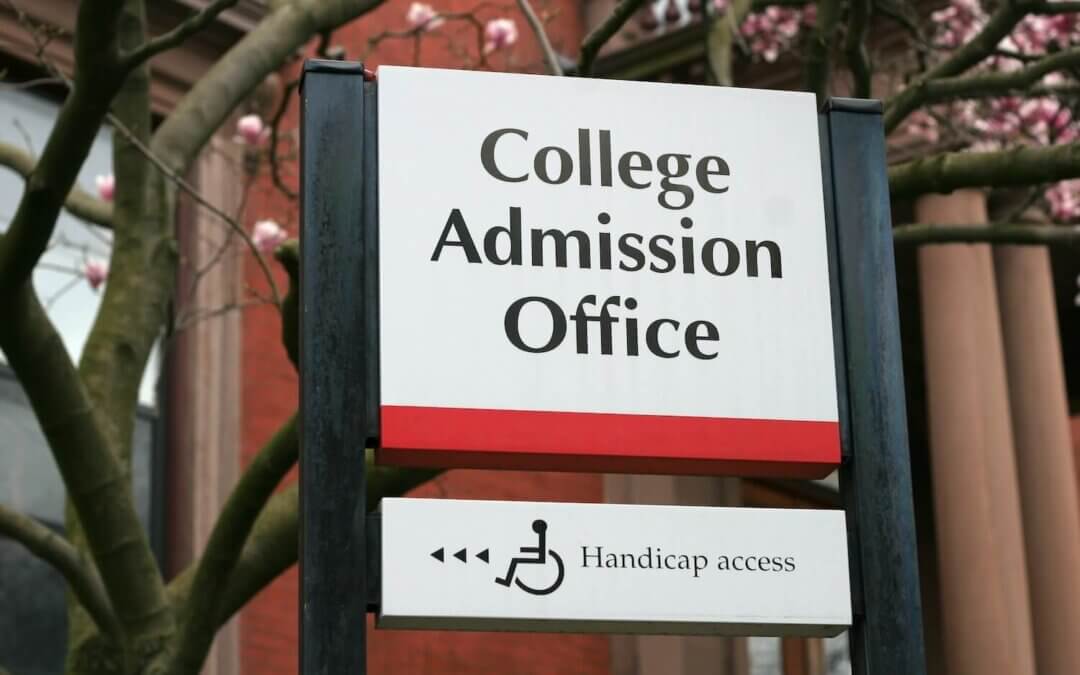To put it simply, don’t stress about picking (and sticking to!) a major before you begin your studies as an undergraduate. Check out our two main reasons below.
- You’ll probably change your mind. According to some estimates, between 20 and 50 percent of incoming college students are undecided about their course of study, and a whopping 75% change their choice of major at least once prior to graduating. What does this mean for you? It’s of course a good idea to have a sense of what you might like to study at university, but the numbers (as well as our own life experiences) tell us that flexibility and curiosity are far more important than having a specific plan you’re too afraid to deviate from. Instead, plan to treat the first two or three semesters of college like your own personal laboratory. If you think you might want to major in economics, for example, be sure to take some introductory econ classes–but also enroll in that art history class that looks fascinating, and make time for biology 101 if you’ve always loved talking mitochondria (it is the powerhouse of the cell, after all.) Contrary to what you might think, it’s completely reasonable after this time period to change your major if you want or need to. And at many schools, students cannot even officially declare an academic major until their second year of study, anyway. So use this time to your advantage, exploring existing passions while also developing new ones.
- Your major is less important than you think. According to one study, over 60% of recent college graduates did not get a first job in their field of study, and over 30% of respondents said they have never worked in their field of study. Far from being discouraging, this should actually alleviate some of the pressure of finding that “perfect” major. There are plenty of liberal arts majors who go on to work on Wall Street, and there are plenty of economics majors who ultimately decide the business world isn’t for them. Your major doesn’t define you–it’s far more important to pursue your passions inside and outside of the classroom, make connections with faculty, and develop your overall critical thinking skills.
In conclusion, it’s not a big deal to enter college without knowing exactly what you want your major to be—many of your peers will be in the same boat, and you will most likely have time before you make anything official. Even when you do declare a major, don’t overthink it or feel constrained by your choice. Your undergraduate course of study is not a life sentence, and you have a greater say in your own future than any piece of paper.
That said, do not state your prospective major on a college application as “undecided.” Instead, choose a major that reflects your accomplishments and interests as catalogued on your application. This helps the admissions officers begin to view your candidacy within the context of the university as a whole. The major you select should make sense given the narrative you have carefully portrayed throughout your application. But have no fear–when you step on campus as a freshman, you’re completely free to explore all of your interests and settle on a major that does or does not reflect your application for admission.












